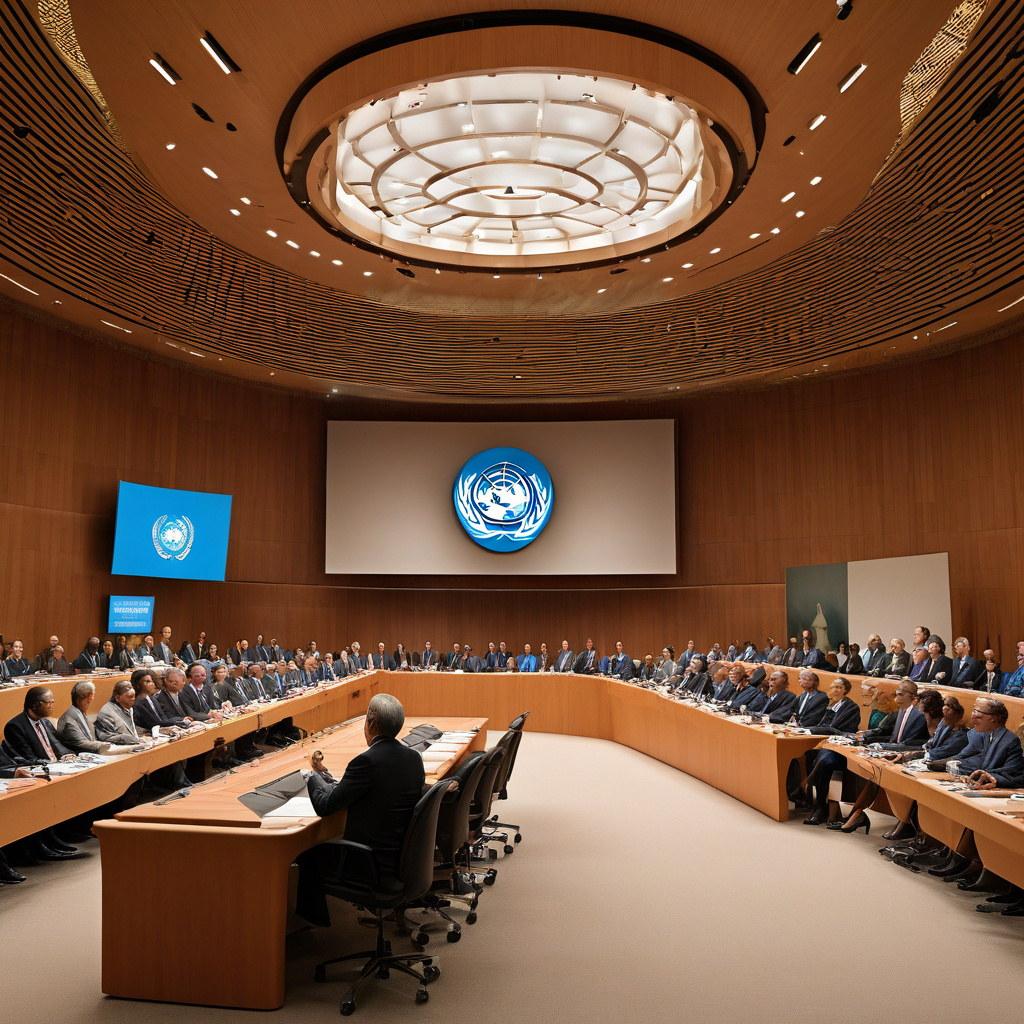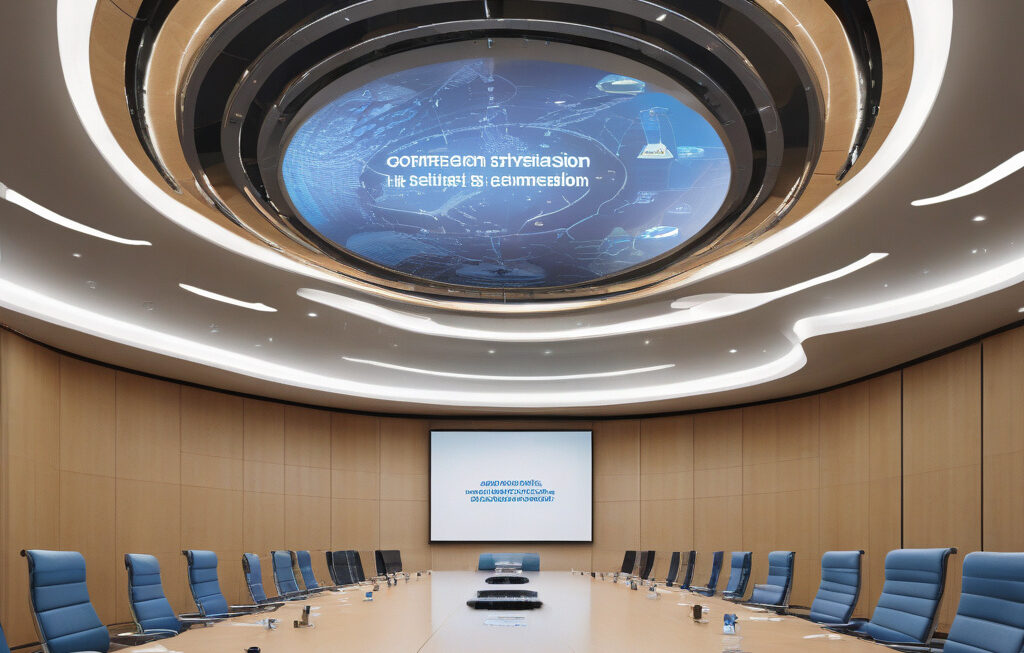Humanity at a Turning Point: Why the UN Secretary-General Warns Against Blindly Trusting Algorithms
In the digital age, the proliferation of artificial intelligence (AI) has brought about unprecedented advancements in various aspects of our lives. From personalized recommendations on streaming platforms to self-driving cars, AI algorithms have become deeply integrated into our daily routines. However, as humanity stands at a critical turning point, the United Nations Secretary-General warns against the blind reliance on these algorithms to shape our future.
The choices made today regarding AI have far-reaching implications that could impact peace, security, and global stability for generations to come. While algorithms have the potential to streamline processes, optimize decision-making, and enhance efficiency, they are not without their flaws. One of the primary concerns raised by the UN Secretary-General is the inherent bias present in many AI systems.
Algorithms are designed to process vast amounts of data and identify patterns to make predictions or decisions. However, these systems are only as unbiased as the data they are trained on. In a world where historical data is rife with inequalities and prejudices, AI algorithms can inadvertently perpetuate and amplify existing biases, leading to discriminatory outcomes.
Consider the use of AI in predictive policing, where algorithms analyze crime data to deploy law enforcement resources. If the historical data used to train these algorithms reflects systemic biases against certain communities, the resulting decisions may unfairly target or disadvantage those groups. This not only raises ethical concerns but also poses a threat to social cohesion and exacerbates existing tensions.
Moreover, the opacity of many AI algorithms further compounds these issues. Often referred to as the “black box” problem, the inner workings of complex algorithms are inscrutable to all but a few experts. This lack of transparency raises questions about accountability and oversight, particularly in high-stakes applications such as healthcare, finance, and criminal justice.
In light of these challenges, the UN Secretary-General’s warning serves as a timely reminder of the need for responsible AI development and deployment. Rather than blindly trusting algorithms to make decisions on our behalf, there is a growing consensus that human oversight and ethical considerations must guide the design and implementation of AI systems.
One approach to addressing bias in AI is through diversity and inclusivity in the development process. By involving multidisciplinary teams with a range of perspectives and lived experiences, developers can identify and mitigate potential biases before they are entrenched in the algorithms. Additionally, ongoing monitoring and evaluation of AI systems can help detect and rectify any discriminatory outcomes that may arise.
Transparency is another key principle in ensuring the responsible use of AI. By opening the black box and providing clear explanations of how algorithms reach their decisions, developers can foster trust and accountability among users and stakeholders. This transparency not only enhances the explainability of AI systems but also enables recourse in the event of errors or biases.
As we navigate the complexities of the digital age, it is essential to heed the UN Secretary-General’s warning and approach AI with caution and conscientiousness. The choices we make today regarding the development and deployment of AI will have far-reaching consequences that shape the fabric of our societies for years to come. By prioritizing fairness, transparency, and human oversight, we can harness the transformative potential of AI while safeguarding against its pitfalls.
In conclusion, the UN Secretary-General’s cautionary words underscore the need for a thoughtful and ethical approach to AI. As we harness the power of algorithms to drive innovation and progress, let us not forget the fundamental values of fairness, accountability, and inclusivity that must underpin our use of this technology. By doing so, we can pave the way for a future where AI serves as a force for good, advancing peace, security, and global stability for all.
AI, Algorithms, UN Secretary-General, Responsible AI, Bias prevention












